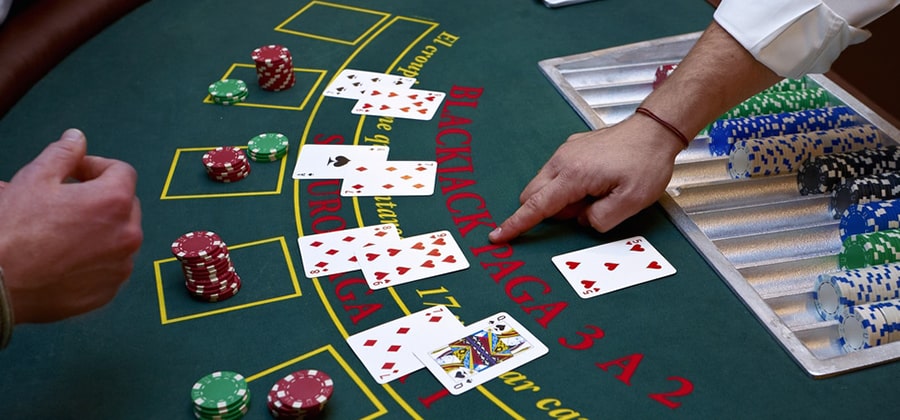The Role of Mathematics in Poker: Probability and Statistics

Poker is more than a card game. It is a strategic and often intense battle of wits that demands a good grasp of strategy and an even better understanding of the mathematical principles that underpin every move. Every seasoned poker player knows that, unlike many other casino games, poker is not purely a game of luck. Understanding the role of mathematics, particularly probability and statistics, can give players a significant edge at the table.
The math behind poker is not a complex, indecipherable code. On the contrary, it is an accessible set of principles that anyone can learn. By comprehending the probability of drawing certain hands, the expected value of bets, and the statistical likelihood of what your opponents are holding, you can make more informed decisions and increase your chances of winning.
Moreover, mathematics serves as an equalizer at the poker table. The randomness of the shuffle means every player, regardless of their skill level, faces the same probabilities. Understanding how to leverage these probabilities using mathematical principles can make the difference between winning and losing. Thus, learning the numbers is an essential part of mastering poker.
Essential Mathematical Concepts for Poker Players
To excel in poker, it’s crucial to grasp three key mathematical concepts: probability, expected value, and pot odds:

- Probability is the chance of a certain outcome occurring. In poker, this could refer to the likelihood of drawing a specific card or achieving a particular hand.
- Expected Value (EV) refers to the average amount of money a player can expect to win or lose per bet over the long run. By calculating the expected value, players can make informed decisions about whether to fold, call, or raise.
- Pot Odds are the ratio between the potential profit in the pot and the cost of calling a bet. A clear understanding of pot odds can help players determine whether a call is profitable in the long run.
Probability in Practice: Hand Strength and Card Counting
In poker, probability plays a crucial role in helping players assess the strength of their hands. For instance, the probability of getting a specific hand, like a flush or a straight, can guide players in their decision-making process.
Equally important is the concept of ‘outs’. In poker, an ‘out’ is a card that will significantly improve your hand. Knowing your outs and understanding how to count them effectively can provide a clear idea of the chances of improving your hand on the next card (either the turn or river).
Applying the Concepts: Examples in Action

Let’s put these concepts into practice with a few examples.
Understanding the importance of starting hands. The probability of being dealt a certain starting hand pre-flop is a fundamental concept in poker.
Calculating pot odds to make informed decisions. Pot odds can provide a clear idea of whether calling a bet is worth the risk.
Utilizing expected value to gauge long-term profitability. By assessing the expected value of a move, players can decide if a particular bet is likely to be profitable over time.
Mastering the Numbers to Master the Game
Mathematics might seem out of place at a poker table, but as we’ve seen, it’s at the heart of every decision a player makes. While intuition and bluffing skills have their role, the consistent application of mathematical principles is what separates amateurs from professional poker players.
By understanding and applying the concepts of probability, expected value, and pot odds, players can move beyond mere chance and start making informed decisions. In the long run, these mathematical principles can lead to more consistent wins and a deeper understanding of the game.



